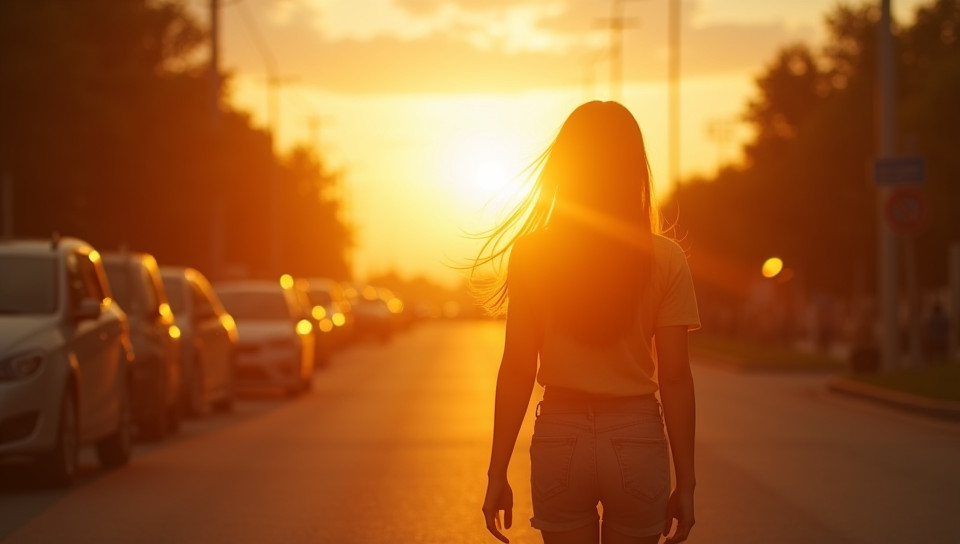Sunlight exposure decreases melatonin levels 90%

The Power of Sunlight: How Morning Exposure Affects Your Body
As we wake up to a new day, the first thing that catches our attention is the sunlight peeking through our windows. But have you ever stopped to think about how this natural light affects your body? From regulating your circadian rhythms to influencing your mood and energy levels, sunlight plays a vital role in our overall health and wellbeing.
The Science Behind Melatonin Levels
Melatonin is a hormone produced by the pineal gland that regulates our sleep-wake cycles. It's often referred to as the "sleep hormone" because it helps us fall asleep and stay asleep throughout the night. But what happens when we're exposed to sunlight, particularly in the morning?
The Impact of Morning Sunlight on Melatonin Levels
Research has shown that exposure to natural light in the morning can decrease melatonin levels. This is because the light stimulates the suprachiasmatic nucleus (SCN), a small group of cells in the brain that controls our circadian rhythms. When the SCN is activated, it sends signals to the pineal gland to produce less melatonin.
Why Morning Sunlight Matters
So why does morning sunlight have such a significant impact on melatonin levels? Here are a few reasons:
- It helps regulate your sleep-wake cycles
- It boosts your mood and energy levels
- It improves your overall cognitive function
- It can even help alleviate symptoms of Seasonal Affective Disorder (SAD)
How to Harness the Power of Morning Sunlight
While it's not always possible to get direct sunlight in the morning, there are ways to harness its benefits. Here are a few tips:
- Open your curtains or blinds as soon as you wake up
- Spend some time outside in the morning, even if it's just for a short walk
- Use light therapy lamps or boxes if you're unable to get natural sunlight
Conclusion
In conclusion, exposure to morning sunlight can have a profound impact on our melatonin levels. By harnessing its power and incorporating it into our daily routines, we can improve our sleep-wake cycles, boost our mood and energy levels, and even alleviate symptoms of SAD. So next time you wake up to the warmth of the sun, remember the incredible benefits it has to offer – and take a moment to soak up those rays!
- Created by: Yǔxuān Luó
- Created at: Oct. 13, 2024, 9:42 p.m.
- ID: 12523









